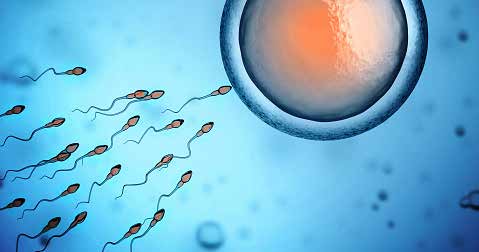Are endocrine disruptors posing a health risk to male fertility?
For decades consensus in the health community has been that during pregnancy the placenta acts as a barrier to protect the unborn child from harm from the outside world, safely filtering what can pass from mother to unborn child. The same has been assumed about human breast milk.
But evidence is now emerging that the placenta can’t always stop harmful chemicals passing through it. Microscopic plastic particles have been identified in human placentas.
Exposure to everyday chemicals during pregnancy can have lasting, whole life effects. Drops in male fertility rates is now emerging – the volume, size, and motility (movement) of sperm have all reduced dramatically over recent decades, creating a crisis for human reproduction.
But how? The presence of endocrine disruptors passing from mother to unborn child are thought to interfere with critical stages of sexual development in gestation, by mimicking the actions of hormones and disrupting healthy development and growth patterns.
The impact of exposure to chemical disruptors, even before birth, could be damaging early childhood sexual development in boys, and in adult life reducing sperm counts and sperm health, negatively impacting on key reproductive functions.















